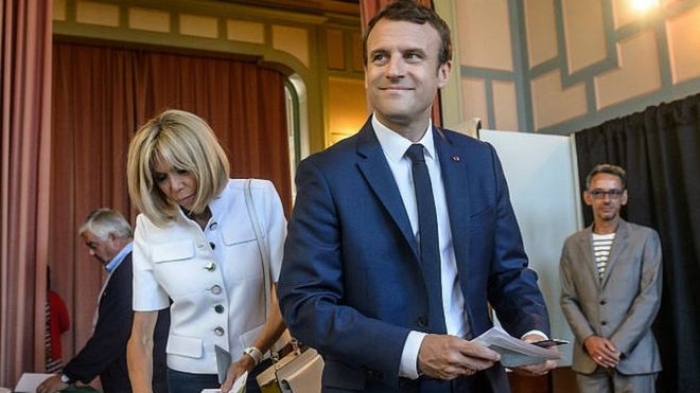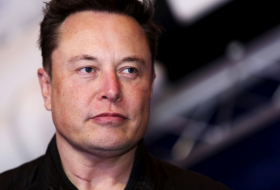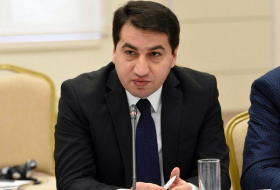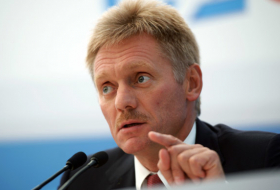The victory of Macron in May’s presidential election was the first time a president who did not belong to either of those traditional parties won the Elysee Palace. If Sunday’s parliamentary results hold up after a second and final round of voting next Sunday, France will be run by both a new president and a new party. Macron, who has long promised a “renewal of political life,” will have successfully persuaded voters to give him relatively free rein in the attempt.
But turnout was at a record low level, and that could cloud Macron’s mandate. Only 49 percent of registered voters cast their ballots, according to the Ipsos-Sopra analysis. Participation in parliamentary elections has typically been significantly higher, mostly between 60 and 80 percent.
Macron’s political opponents were quick to emphasize the unusually high abstention figures.
“I am particularly concerned about the fact that 1 French person out of 2 did not vote,” Valérie Pécresse, the president of the center-right Republicans party in the Ile-de-France region, told Le Monde newspaper. “We weaken Parliament, which is a democratic counter-power. And we take the risk of a single party, a single thought, a single program.”
The Republicans, one of the two parties that controlled France until 2017, came in second, winning between 85 and 125 seats, according to early projections. But the Socialists, once a bedrock of French and European political life, were projected to win only between 20 and 35 seats. For the historic party of François Mitterrand, that would probably mean a devastating loss of more than 200 seats.
“The tornado was too strong, the two votes too close,” Jean-Christophe Cambadélis, the first secretary of the French Socialist party, said in a statement Sunday night. The “tornado” he referred to was that of Macron’s victory in the general election, in which some Socialist ministers abandoned their own party and supported instead the newfound party of the outsider candidate, himself a onetime Socialist minister.
When Macron won the French presidency last month in a landslide, it did not necessarily follow that the new leader — the youngest in modern French history, who has promised a slew of broad, sweeping reforms, many in the notoriously difficult labor sector — would carry any kind of lead in the two rounds of legislative elections now underway.
For one, many who voted for Macron in May said that they were merely voting against his opponent, the far-right extremist Marine Le Pen. In the historic circumstances of 2017, many said, Macron’s appeal was merely that he was seen as the last stand against the same populist wave responsible for Britain’s Brexit referendum and the election of Donald Trump in the United States.
But Sunday’s vote would suggest that the new president and his promises have gained considerable traction.
More about: #France-Elections
















































